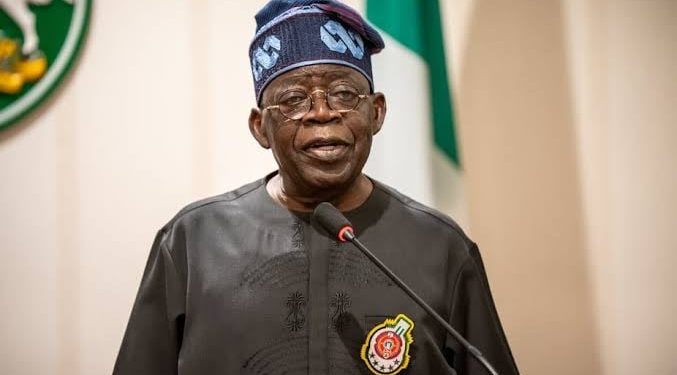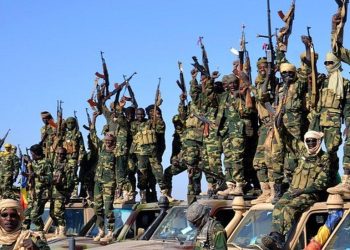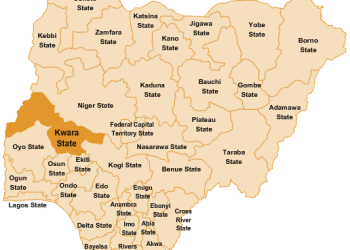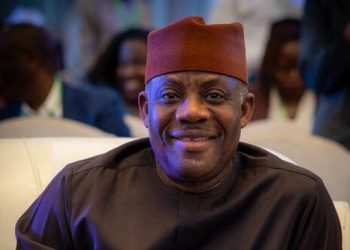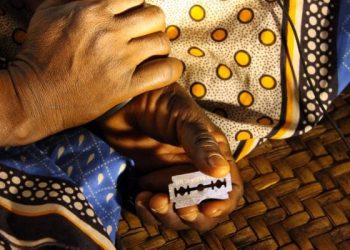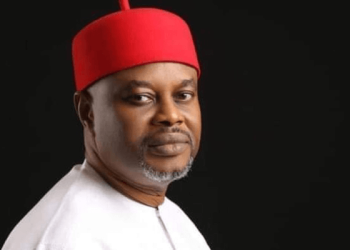The prerogative of mercy recently exercised by President Bola Tinubu is a needless distraction in a country grappling with multiple challenges. Attorney-General of the Federation, Lateef Fagbemi, announced the controversial pardon of 175 individuals at the Council of State meeting on October 9. The list is nothing short of a trivialisation of sacred presidential powers.
Two days later, the release of the full list, which included violent criminals and drug barons, ignited nationwide outrage, exposing the administration’s uncoordinated approach.
After much uproar, Fagbemi clarified on October 16 that the pardons were still under administrative review and not final.
Midweek, the AGF reportedly ordered the police, EFCC, and NDLEA to now do the proper homework and review the pardon list—an exercise that could halve the number when concluded. This means the government put the cart before the horse.
Among the beneficiaries are murderers, coup plotters, drug traffickers, and kidnappers. The decision defies logic and mocks the victims of these heinous acts.
The list reads like a rogues’ gallery of Nigeria’s criminal underbelly. Take Maryam Sanda, convicted for stabbing her husband to death in a fit of rage. Her death sentence was commuted after just six years, citing “remorse” and family pleas for her children’s welfare.
Mamman Vatsa was posthumously pardoned for his role in the 1986 coup plot, a gesture that sits uneasily against the backdrop of contemporary threats.
Over 50 hard drug traffickers, many serving life sentences for peddling cocaine, heroin, and cannabis, have been granted clemency, including Abiodun Elemero and Nweke Francis Chibueze, whose operations fuelled the country’s drug epidemic.
The inclusion of armed robbers, bandits, and kidnappers—some with networks extending across states—further deepens the absurdity, as these pardons release “enemies of society” back into the same communities still reeling from their crimes.
Twenty-two beneficiaries were convicted of murder, manslaughter, or other violent offences, a fact that has left the families of victims feeling betrayed.
What rigour was applied to the selection process? The Presidential Advisory Committee, chaired by Fagbemi, claims to have considered factors like remorse, good conduct, vocational skills, and educational pursuits in prison.
Yet, the sheer volume—175 pardons, curiously mirroring Section 175 of the 1999 Constitution—suggests a haphazard, quota-driven exercise rather than meticulous vetting.
Political motivations loom large: Farouk Lawan, a former lawmaker jailed for bribery in the infamous 2012 fuel subsidy scandal, was pardoned shortly before declaring his intent to defect to the ruling All Progressives Congress for the 2027 elections in Kano!
Such inclusions smack of cronyism, undermining the anti-corruption crusade and demoralising agencies like the EFCC, the self-styled DSS, ICPC and the police.
Fagbemi’s announcement that the list was still under review, amid a scathing national outcry, only escalated the scandal. He framed the entire affair as a work in progress that could be “remedied.”
A simple apology could have salvaged some honour. Instead, the administration doubled down, exposing weakness rather than strength.
This episode glorifies criminality at a time Nigeria grapples with rampant insecurity, drug-fuelled violence, and corruption.
By pardoning drug traffickers, the government discourages the NDLEA, which has destroyed over 560,000 kg of illicit substances in recent years.
Releasing kidnappers and armed robbers endangers law enforcement officers, judges, prosecutors and witnesses, who risked their lives to secure convictions. It sends a chilling message: crime pays if you have connections or can feign remorse.
Presidential pardon is a global practice. Leaders employ it to correct miscarriages of justice, show compassion in terminal illness cases, or commute excessive sentences.
Barack Obama commuted jail sentences for non-violent drug offenders in the United States.
In Nigeria, this prerogative has been reduced to a farce, mixing legitimate corrections—like the posthumous pardons for the Ogoni Nine, victims of Sani Abacha’s tyranny—with blanket amnesties for the undeserving.
The buck stops with the President. Therefore, the administration should apologise to the citizens and reform the process to ensure mercy serves justice, not politics.

